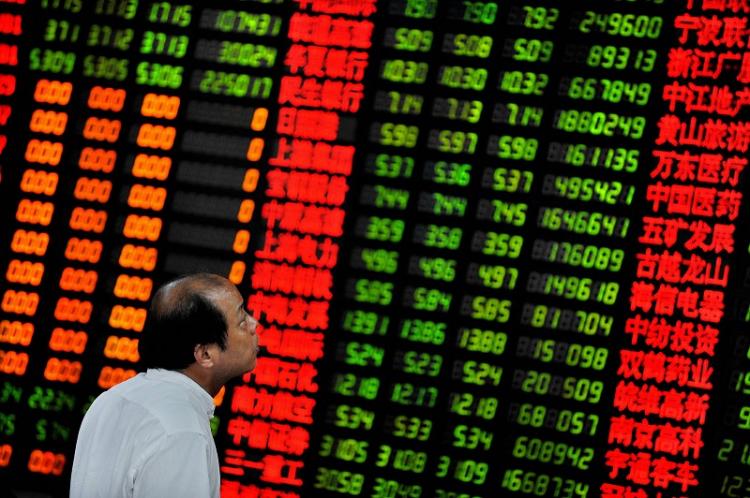The GBP/USD edged lower on Thursday, falling for a fourth consecutive day as the US dollar continued to rally ahead of Friday’s GDP revision.
The GBP/USD fell to a fresh low of 1.5266 in Thursday’s London session. The pair would subsequently consolidate at 1.5290, declining 0.4%. The trend index for the GBP/USD is slightly bearish, with initial support located at 1.5226. On the upside, resistance is likely to be found at 1.5430.
The GBP/USD has declined by more than 1.3% over the past five days and is down 3.2% since May 18, when the pair was trading at 2015 highs. The pound was supported in the early half of the month after the Conservative Party won an unexpected majority in British Parliament. It was the first such majority since the early-1990s.
Meanwhile, the US dollar continued to strengthen on Thursday, with the dollar index rising 0.1% to 97.43. According to analysts, the dollar index – a trade-weighted average of the greenback against six competitor currencies – established a bottom earlier this month and is poised to break higher.
The dollar rally could face a hurdle on Friday when the Department of Commerce releases revised first quarter GDP figures. Economists are forecasting a downward revision to first quarter GDP, mirroring last year’s slow start. The US economy is forecast to have contracted 0.8% annually in the first quarter after initial estimates showed only a 0.2% gain.
On Thursday the Office for National Statistics confirmed UK GDP at 0.3% in the first quarter, slightly below forecasts calling for 0.4%. It was also half the 0.6% recorded in the fourth quarter of 2014 and the slowest quarterly growth rate since 2012. In annualized terms, UK GDP expanded 2.4% in the first three months of the year.
Industrial production and construction improved in the first quarter, but services output – which represents more than three-quarters of UK economic activity – grew more slowly than previously estimated.
Total business investment increased 1.7% over the previous quarter and was up 3.7% year-over-year, official data showed.
Separately, the British Bankers Association (BBA) said mortgage approvals rose faster than forecast in April, rising to the highest level since June 2014. Approvals for home purchases increased to 42,116 in April from 39,203 in March.
Tradersdna is a leading digital and social media platform for traders and investors. Tradersdna offers premiere resources for trading and investing education, digital resources for personal finance, market analysis and free trading guides. More about TradersDNA Features: What Does It Take to Become an Aggressive Trader? | Everything You Need to Know About White Label Trading Software | Advantages of Automated Forex Trading



































